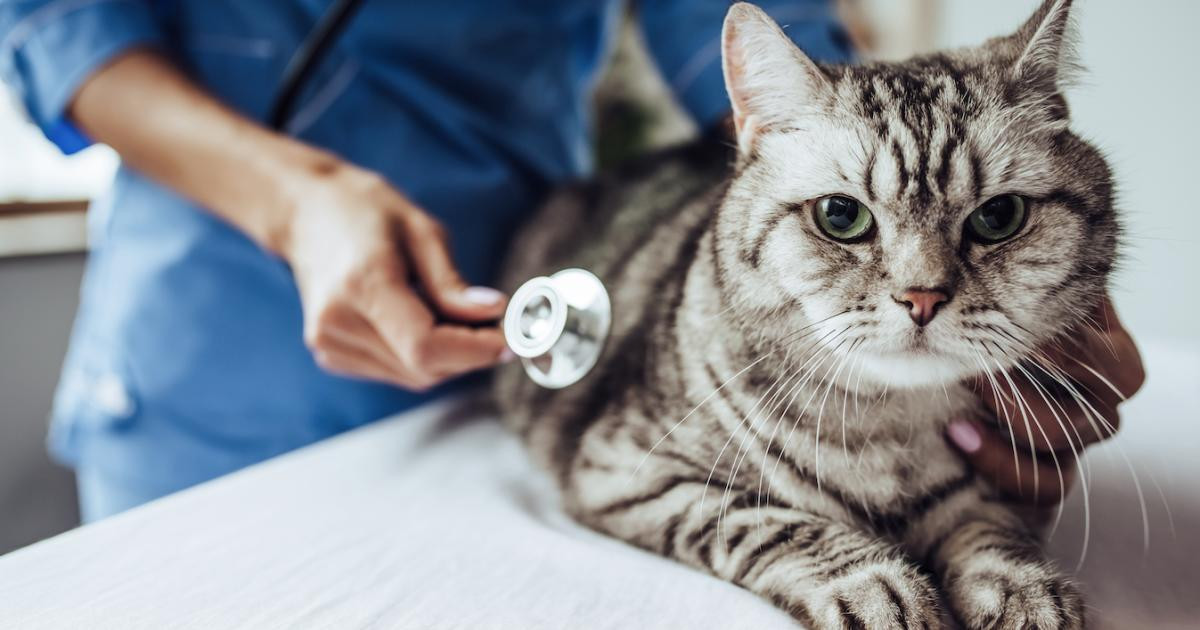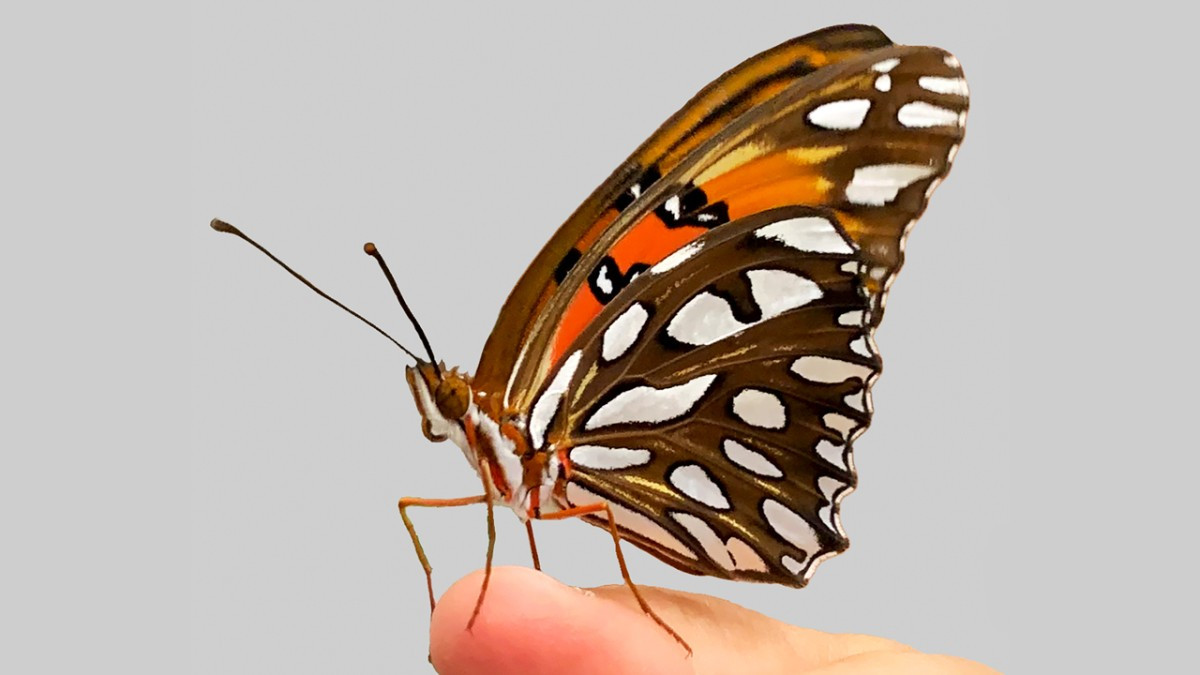A new study from College of Veterinary Medicine researchers finds the first genetic evidence of feline coronavirus (FCoV) transmission between a captive wild and a domestic cat. The discovery – enabled by a novel approach using hybridization-capture next-generation genetic sequencing – has implications for combating this little-understood virus and its consequences, as well as other diseases.
Previous research has identified two distinct genotypes of FCoV, called types 1 and 2. They differ in their viral spike (S) protein, which determines what kinds of cells the virus can infect. Current evidence suggests that certain mutations in either version of FCoV can allow some subtypes to attack different types of cells and convert the virus from low pathogenicity to a highly pathogenic form. While FCoV usually causes only mild signs and can be present for years without causing any problems in most domestic cats, some strains undergo mutation and go on to cause feline infectious peritonitis (FIP).
First described by Dr. Jean Holzworth, D.V.M. ‘50 in 1963, FIP frequently causes systemic and neurological signs and was considered almost routinely lethal until the relatively recent development of safe and effective antiviral drugs (most impactfully, a compound called GS-441524). There is currently no effective vaccine for the prevention of FIP in cats.
Because wild felids (cats) are close genetic relatives of domestic cats, they may be particularly susceptible to being infected with diseases such as FCoV – and consequently succumbing to FIP. Cat food intended for stray cats, for example, can attract wild felids, increasing the risk of transmission. Most recently, Whittaker and other researchers have been characterizing an ongoing outbreak of a novel FCoV-2 in feral, stray and free-roaming owned cats in Cyprus, with a 40-fold increase in reported virus-related deaths on the island.
The current paper looks back at a case of FCoV-1 transmission between a domestic cat and a wild felid that took place at a U.S. zoological institution in 2008. The domestic cat and a young Pallas’ cat – a species native to Central and Western Asia – shared a room and both died of FIP. Examining frozen tissue samples from both animals, the researchers hoped to make headway on an important mystery about the feline coronavirus.
Although FCoV has been reported in many wild felid species, the specific genotype (FCoV-1 or FCoV-2) remained unknown due to the technical challenges of sequencing the highly variable S gene.
“By using a semi-targeted approach – known as hybridization capture – together with next-generation sequencing, we were able to detect and sequence the whole genome of FCoV-1 in both the domestic cat and the Pallas’ cat tissues,” Olarte Castillo said. “The main differences between FCoV-1 and FCoV-2 are in highly variable regions. So we need to move from targeting specific genes to whole-genome sequencing, and this technique seems very promising.”
Implications for Disease Management
While the current study was retrospective, “now that we have the technology, we realized this sample could serve as a proof of principle for an effective outbreak response,” Whittaker said. To this end, the FHC recently provided rapid response funding for a newest-generation NextSeq 1000 sequencer, housed in the Baker Institute’s labs. “The FHC made a big investment so that – in the case of a future outbreak – we can be ready and very quick to determine what strain we’re dealing with,” Goodman said. “We hope we can give clinicians the information they need as soon as possible to respond and contain the emerging situation.”
Significance of the Discovery
“This study is highly impactful in that it not only provides the first evidence of transmission of FCoV-1 between a domestic cat and a wild felid, but also because it does so utilizing cutting-edge technology that can be applied to improve surveillance efforts for FCoV and other pathogens in both domestic and wild feline species worldwide,” said Bruce Kornreich, D.V.M. ’92, Ph.D. ’05, director of the FHC.
Future Research and Implications
In the long run, The researchers hope their efforts in sequencing FCoV – and other diseases – will help to better understand the potential for drug resistance in the virus now that antiviral use for FIP is widespread, and to determine best management practices for conservation. “We need to get baseline knowledge to figure out what kind of stewardship is needed looking into the future,” Whittaker said.
Moving Forward
The researchers believe that the use of whole-genome sequencing for FCoV and other diseases will become increasingly important in the future. This will allow for more accurate diagnosis, treatment, and prevention of feline diseases, both in domestic and wild cats. The researchers also hope to better understand the potential for drug resistance in the virus. This is especially important given the increasing use of antiviral drugs for FIP. By gaining a better understanding of FCoV and its effects, researchers hope to improve the health and well-being of cats worldwide.

















